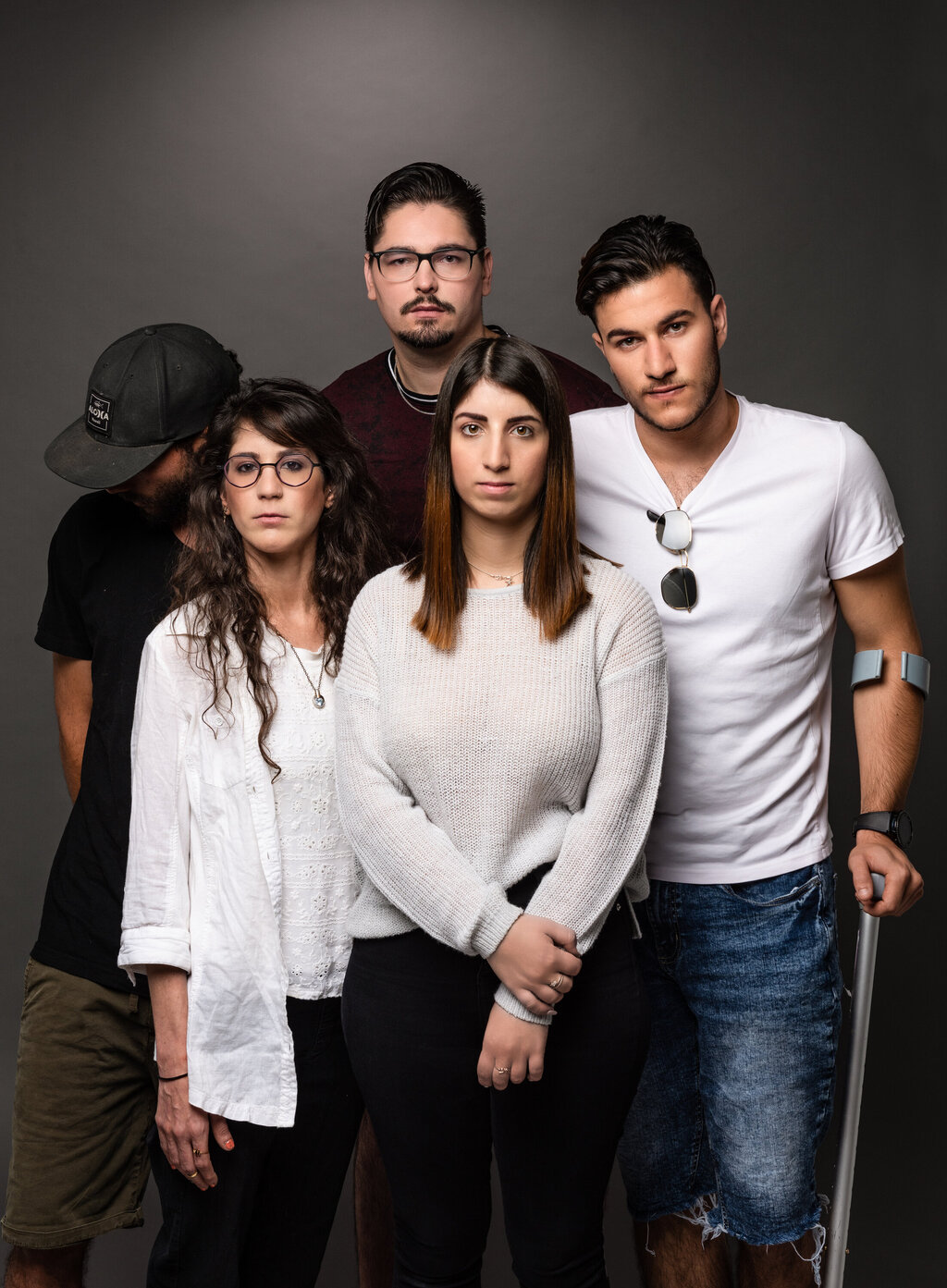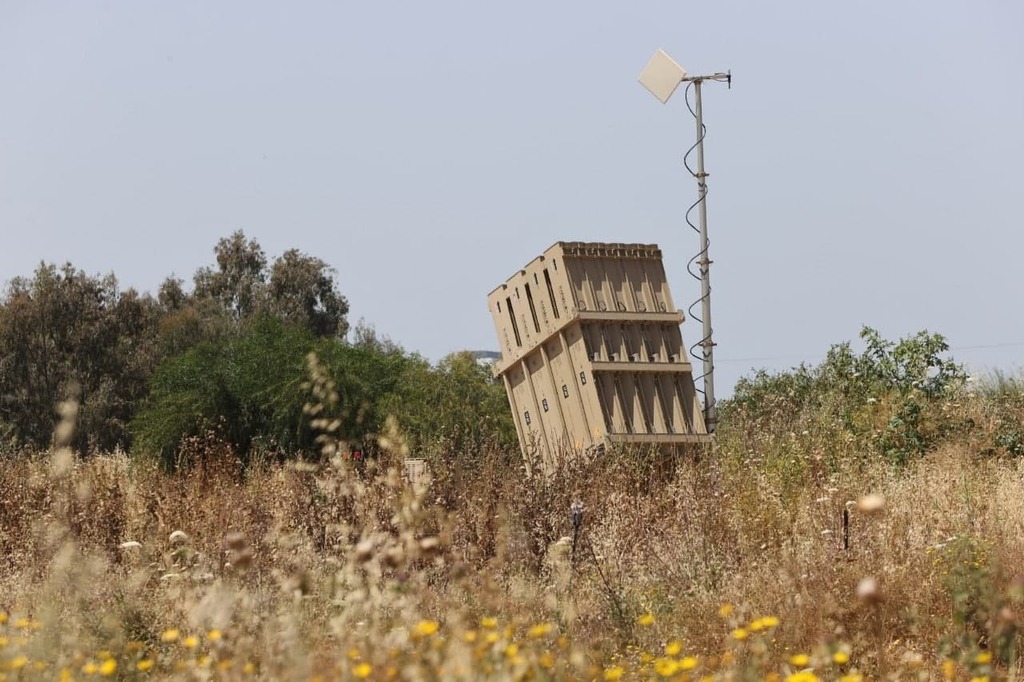A group of IDF soldiers who served at Iron Dome battery units and who became ill with cancer at the end or shortly after their military service allege that there was a connection between their service in the unit and their ailment.
A new study on the issue seems to further back their claims, pointing to high cancer rates among soldiers who manned batteries of the missile defense system.
However, the IDF dismissed the allegations, saying that the data was not unusual.
Many of the soldiers are in the midst of a legal battle with the Defense Ministry, while others say they are too weak to fight it.
Ran Mazor, who served in an Iron Dome unit, told Ynet he suffered from constant leg and back pain during his service for which members of his unit called him a "crybaby". He was later diagnosed with bone cancer which he alleges was caused by the system's radar box — colloquially dubbed "the toaster" by soldiers.
During his service, a military orthopedist sent Mazor to an MRI scan but was not authorized to send him to bone mapping.
After Mazor was discharged from the military, he had to cut short a trip abroad after he became unable to cope with the pain any longer. An oncological orthopedist found that Mazor had a cancerous tumor which was later removed by surgery.
"The number of people who got cancer and served at Iron Dome batteries requires an examination," he said. "The generals can take all the credit for their success, but what about taking responsibility for the soldiers? Who will take care of us?"
Yonatan Haimovitz, 31, served for two years in the IDF's Air Defense Command before being restationed to an Iron Dome battery.
"When you are near the radar box, you feel your whole body boiling on the inside," he said. "You imagine this is how food feels inside a microwave. You feel the heat waves."
At 22, Haimovitz was diagnosed with a tumor. "It was a lump in my neck about that size of a ping pong ball sitting on the main artery and stopping blood flow. I went through chemotherapy and radiation treatment," he said.
"They never equipped us against the radiation," said Shir Tahar, who was diagnosed with leukemia ten months after finishing her military service.
2 View gallery


Iron Dome veterans diagnosed with cancer after their service
(Photo: Gabriel Baharlia)
"A friend of mine, who had also served at a battery, came to visit me while I was in the hospital and told me he was also sick," she said. "He told me that he knew of other people who also got cancer and that something unusual was going on. I didn't listen to him too much, I didn't think it had anything to do with the army. A year later, his cancer came back and he passed away."
Livna Levi told Ynet she lost her daughter, Omer Hili, to the disease two years after she served at a battery.
"We could not believe it, we don't have any history of cancer in the family," she said. "I remember I went to visit her while she was on base and asked, 'don't you think it's too dangerous to be so close to the radar?'. They seemed too exposed."
The cancer had spread to Levi's lymphatic system and her condition became critical. She underwent a grueling series of chemotherapy treatments. At first, the treatments seemed to work, but the disease resurfaced again in her nervous system two months later. She passed away at 23.
According to data, one of every 80 Iron Dome soldiers was diagnosed with cancer among three recruitment cycles in 2011. Six out of 240 soldiers were diagnosed with cancer during, or immediately after, their service.
The IDF Spokesperson's Unit said in response it "considers the health of its soldiers paramount and is working to maintain it and detect exceptional cases of illness." The military added that a comprehensive review of cases did not find any excess morbidity among Iron Dome and Air Defense servicemen.
It also said that radiation levels around Iron Dome batteries were constantly monitored by qualified inspectors.


